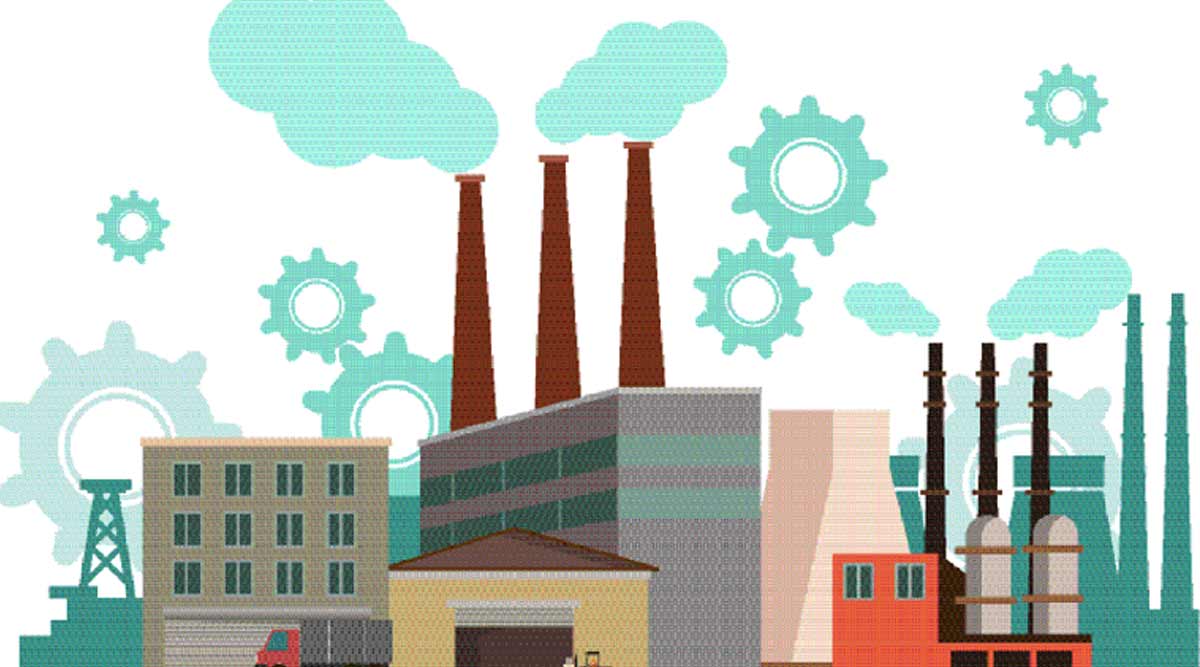A case study of a Green Special Economic Zone (SEZ) can provide insight into the concept and implementation of sustainable and environmentally friendly economic zones. One such example is the Mahindra World City (MWC) in Jaipur, India.
Mahindra World City, Jaipur:
Mahindra World City (MWC) is an SEZ located near Jaipur, the capital city of Rajasthan in India. It is developed by Mahindra Lifespace Developers Ltd. and is designed as a sustainable and green SEZ. Here are some key features and initiatives of Mahindra World City:
- Sustainable Infrastructure: MWC follows sustainable development practices in its infrastructure planning. The zone incorporates efficient transportation systems, including dedicated bus services, pedestrian-friendly pathways, and bicycle lanes, promoting greener modes of commuting.
- Energy Efficiency: The SEZ focuses on energy efficiency by incorporating sustainable building practices. Energy-efficient features such as proper insulation, solar panels, LED lighting, and efficient HVAC systems are incorporated in buildings. This reduces energy consumption and promotes renewable energy usage.
- Water Management: Mahindra World City emphasizes water conservation and management. It incorporates rainwater harvesting systems to collect and store rainwater for reuse in landscaping, irrigation, and non-potable purposes. This helps in reducing the demand for freshwater resources.
- Waste Management: The SEZ implements a comprehensive waste management system to minimize waste generation and promote recycling and reuse. Proper waste segregation and recycling facilities are provided, and organic waste is composted to minimize landfill disposal.
- Green Landscaping and Biodiversity: Mahindra World City prioritizes green spaces and landscaping to enhance the environment and biodiversity. The SEZ features extensive green cover, including parks, gardens, and tree-lined avenues. It also preserves and protects local flora and fauna within the zone.
- Social Infrastructure: MWC focuses on creating a sustainable and livable environment for its occupants. It includes social infrastructure elements such as schools, healthcare facilities, retail spaces, recreational amenities, and community centers. This promotes a self-sustaining community and reduces the need for long-distance commuting.
- Certification and Recognition: Mahindra World City has received various certifications and recognitions for its sustainable practices. It has been certified as a Green SEZ by the Global Green Building Council (GGBC) and has received awards for environmental sustainability and social responsibility.
The case study of Mahindra World City demonstrates the successful implementation of sustainable practices in an SEZ. It showcases how incorporating environmentally friendly initiatives in the design, infrastructure, energy management, water conservation, waste management, and landscaping can contribute to the development of a green SEZ that balances economic growth with environmental sustainability.



